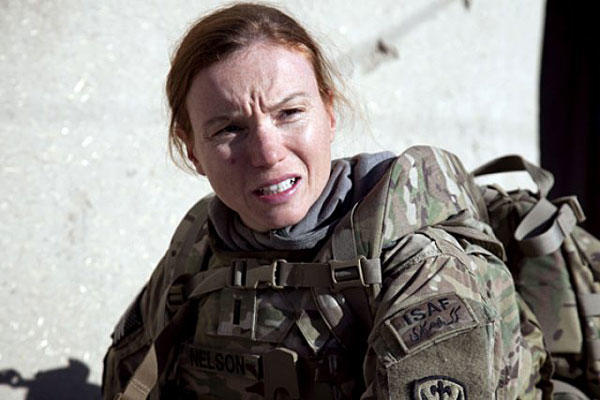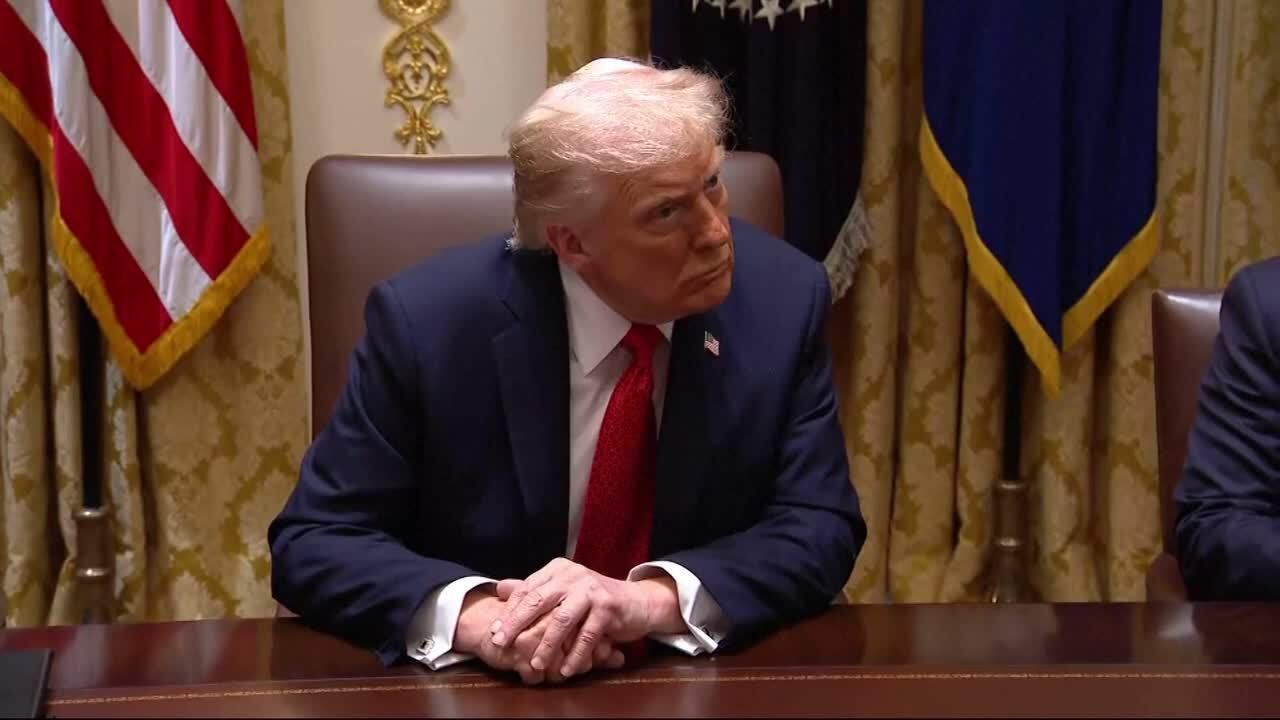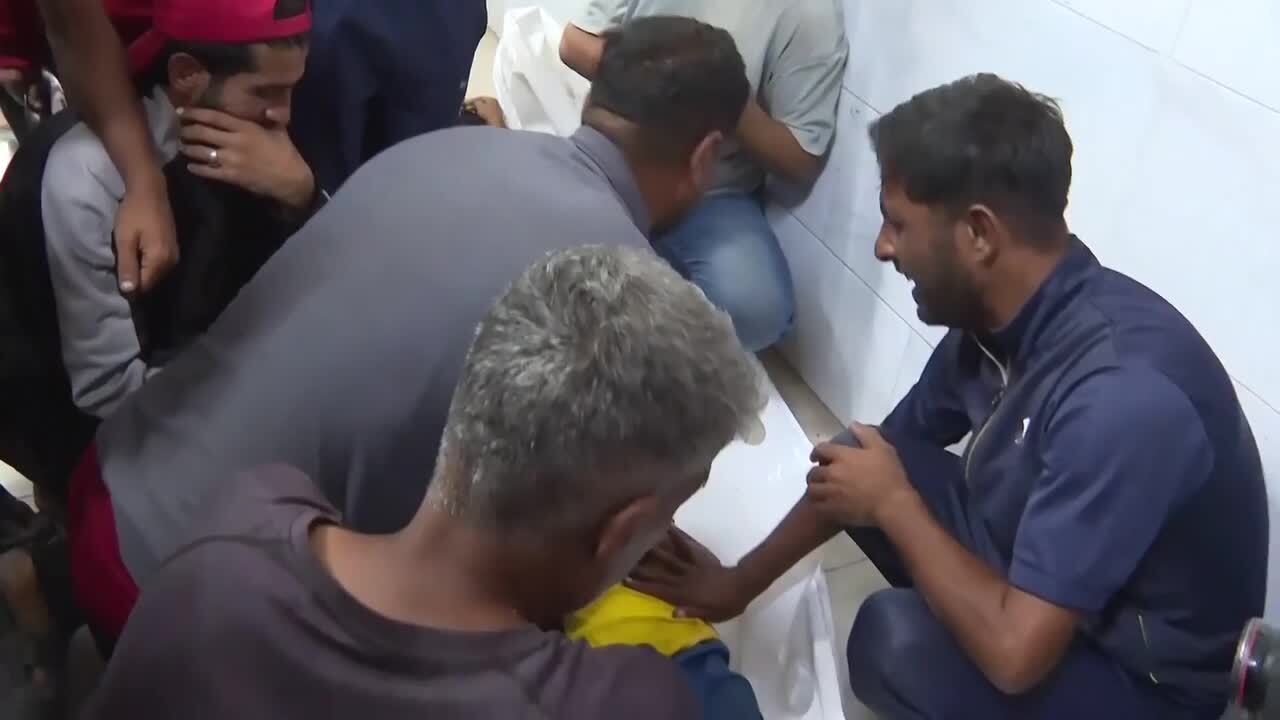Relatively few women are expected to apply for combat jobs if the U.S. Army lifts gender restrictions on such assignments, the Army's top training and doctrine officer said Tuesday.
"Overall, we find that generally the propensity is low" among women to choose an infantry, armor or artillery military occupation specialties (MOS), said Gen. David Perkins, head of the Army's Training and Doctrine Command.
"There just aren't a lot that want to do it," Perkins said at a breakfast with defense reporters. "The surprise is that the propensity for a lot these things for males is low."
Based on Army gender integration and propensity studies, and the experiences of other Army leaders have found "the propensity is much lower to want to do these things but there are some that want to do it," Perkins said.
He explained that TRADOC had looked closely at the experience of the Canadian military, a volunteer force which opened up combat roles to women in the 1980s. Female Canadian soldiers currently make up about 0.5 percent of the infantry troops, two percent of the armor corps, and 4 percent of the artillery billets.
Perkins, an armor officer who led the 2nd Brigade, 3rd Infantry Division, in the 2003 invasion of Iraq and received the Silver Star, stressed that he was not taking a position on women serving in combat roles. "It's not my decision," he said.
The clock is running out for the Army and the Marine Corps on whether to seek waivers from the 2013 decision by then-Defense Secretary Leon Panetta to give women the opportunity to qualify for combat roles, including in the Special Operations forces.
The Army and the Marine Corps were expected to report back to Defense Secretary Ashton Carter in the fall, and Carter must report to President Obama by Jan. 1, 2016.
Special Operations Command (SOCOM) has been conducting its own independent review to determine whether some SOCOM billets will remain closed to women.
The Army has been experimenting with a gender-integrated cycle through its grueling two-month Ranger School course. Last week, three female soldiers began their third attempt to pass Ranger School.
Should the Army and the Pentagon decide to open up combat roles to women, "the biggest challenge from an implementing view will probably be the tyranny of small numbers," Perkins said. "There just probably won't be a lot if it is decided to do that."
If the decision is to lift the gender restrictions, Perkins speculated that the Army would be aggressive in opening up roles to women who qualify and not limit them to "niche capabilities" in intelligence or other fields to keep them off the front lines.
"If we open them, we won't say you can only do this in the Army infantry," Perkins said. "It will be open. It will be the whole thing. So that's unique. We're kind of going to be the 'full Monty' if it opens."
-- Richard Sisk can be reached at richard.sisk@military.com






























